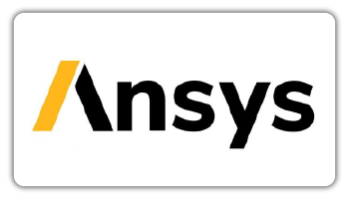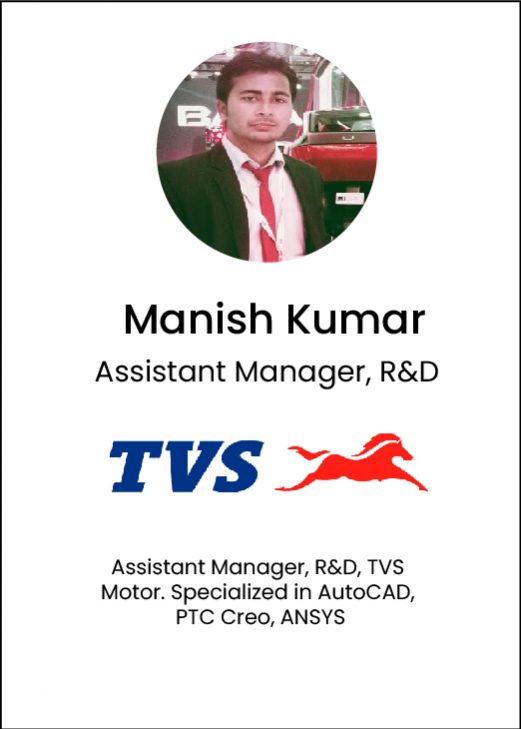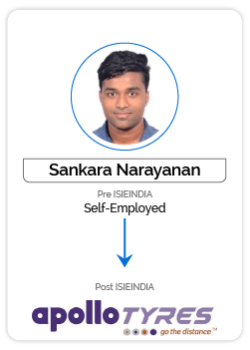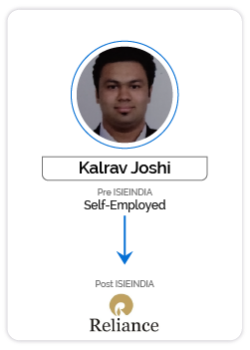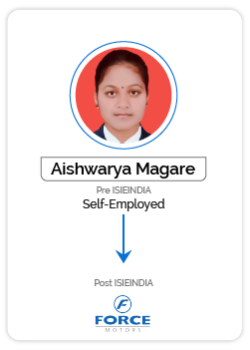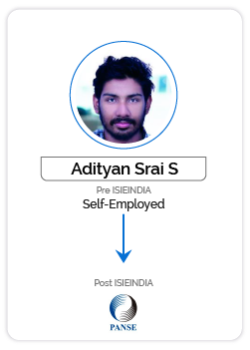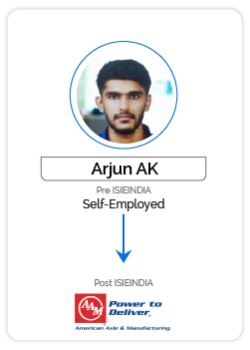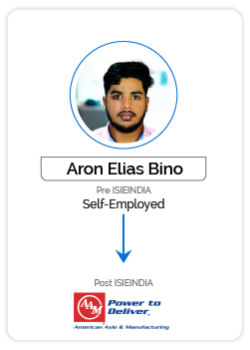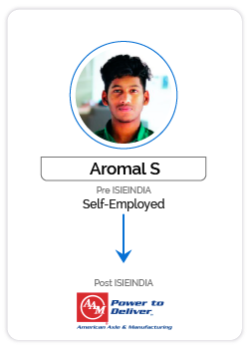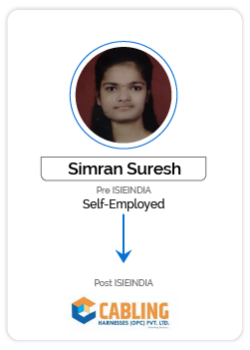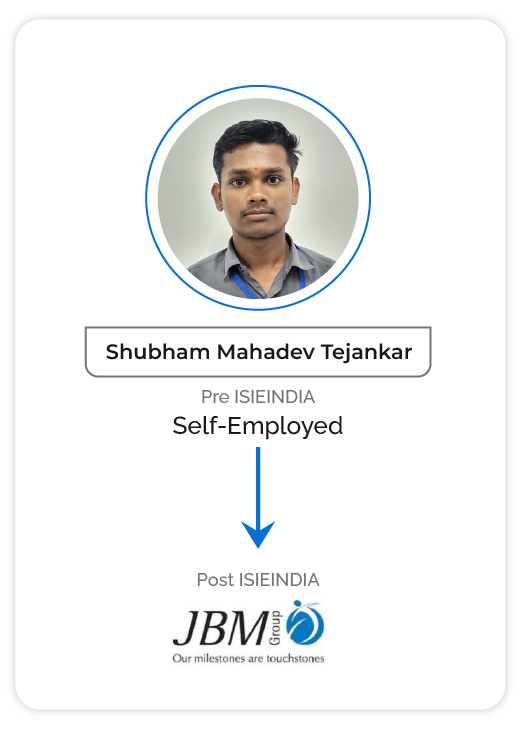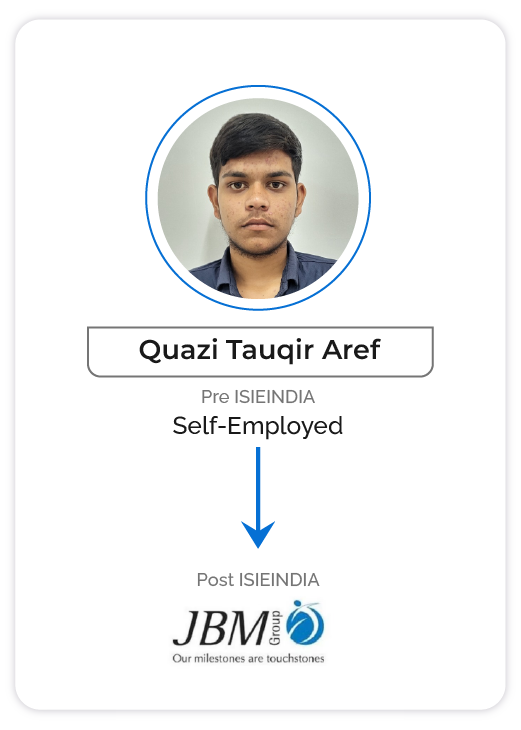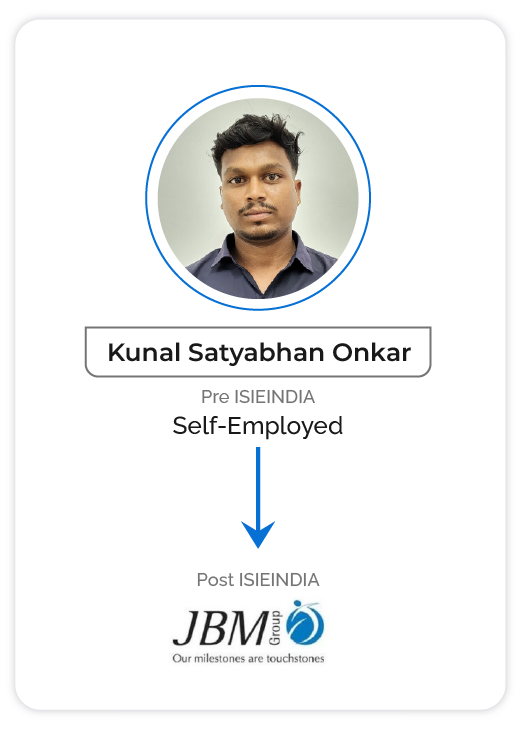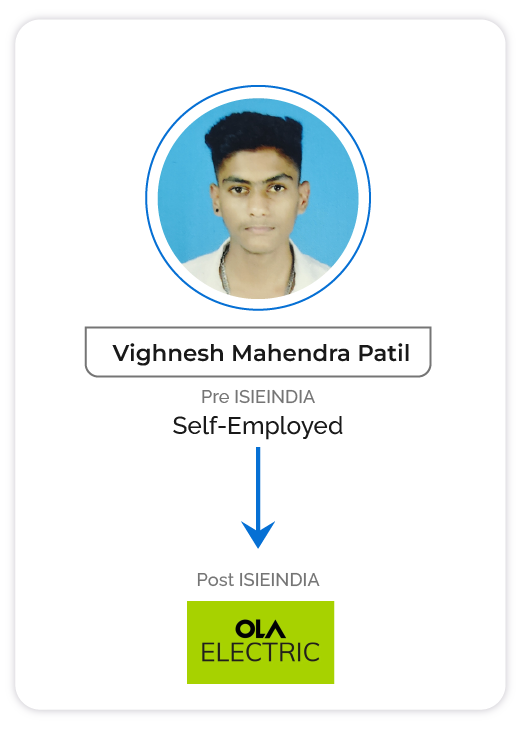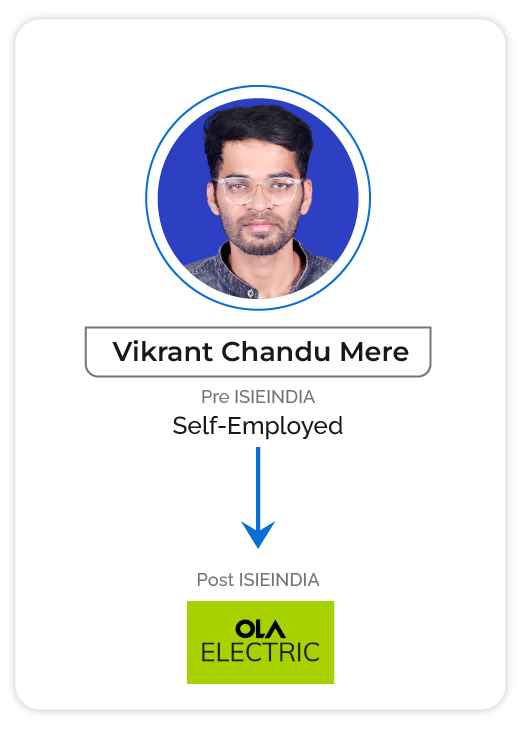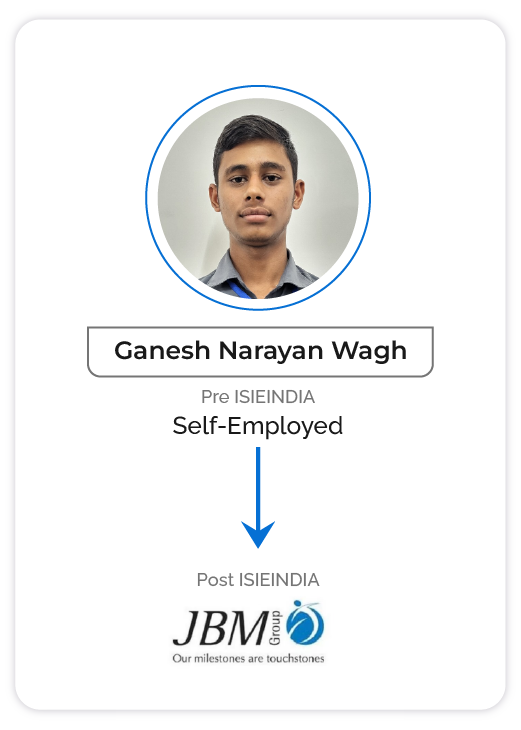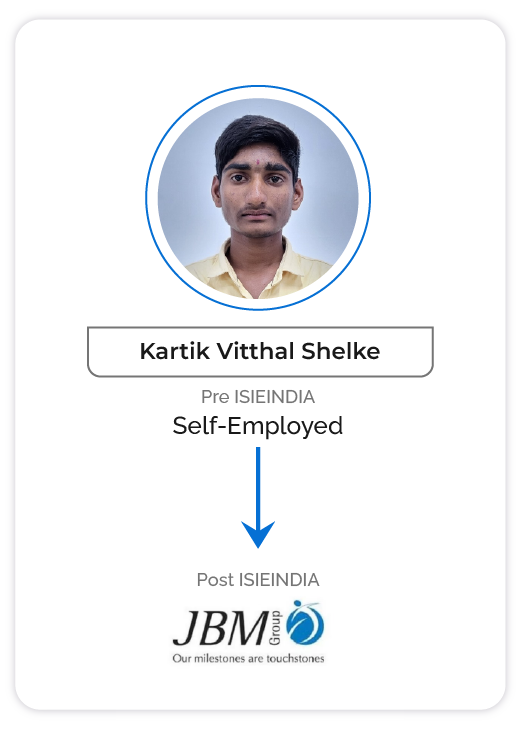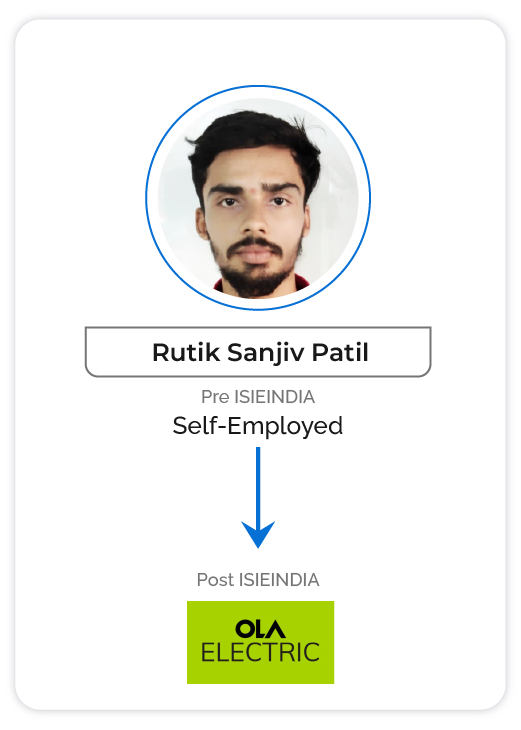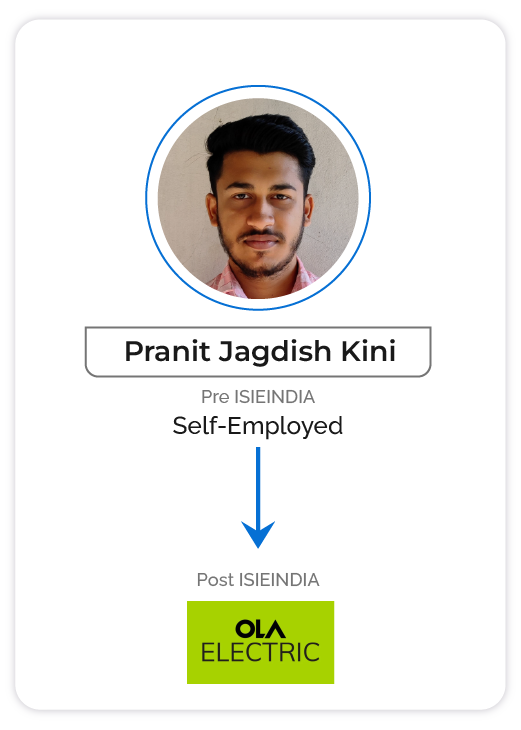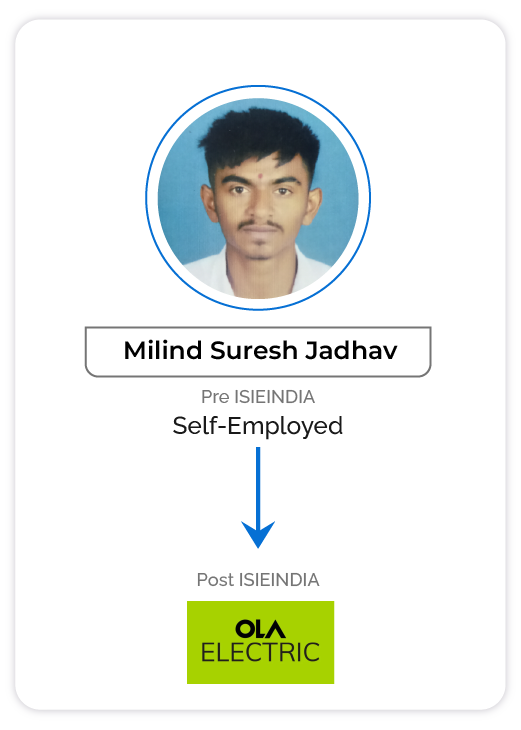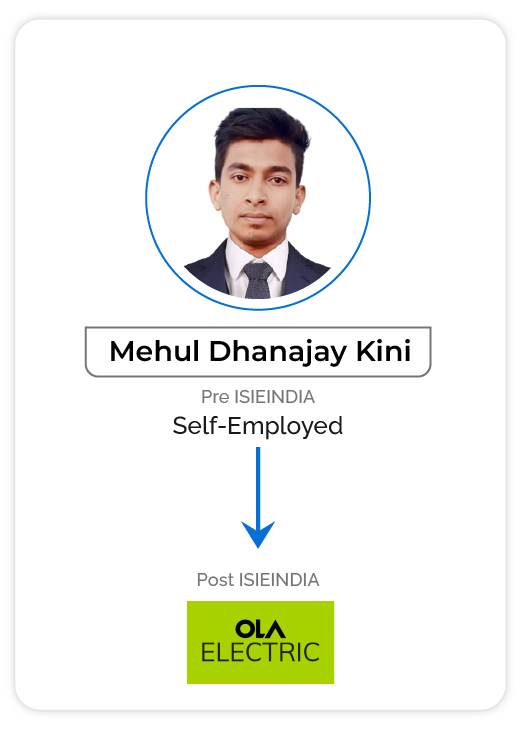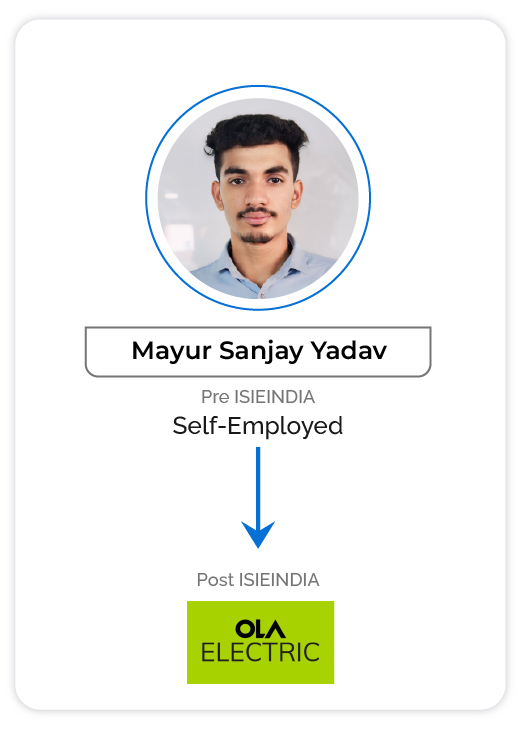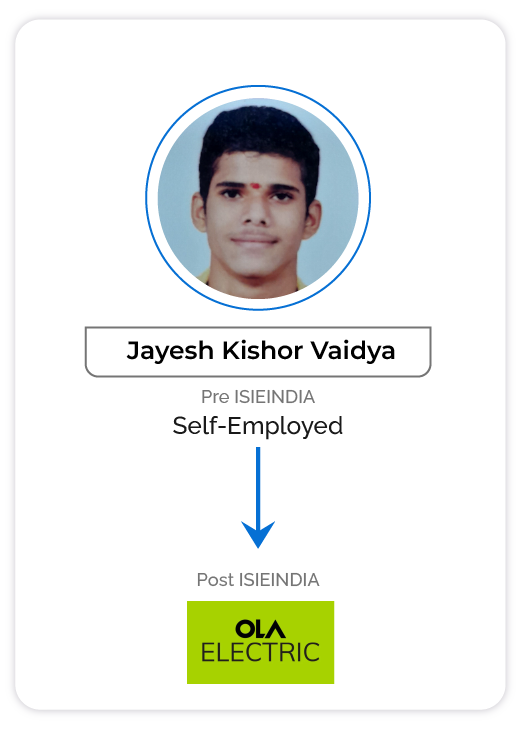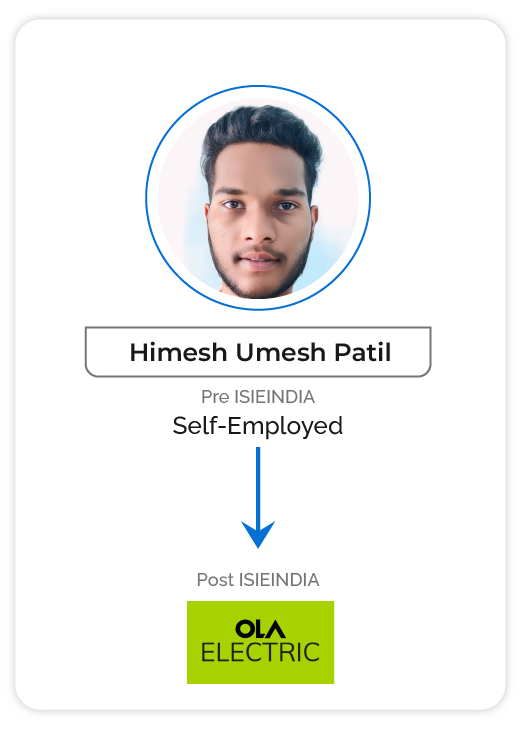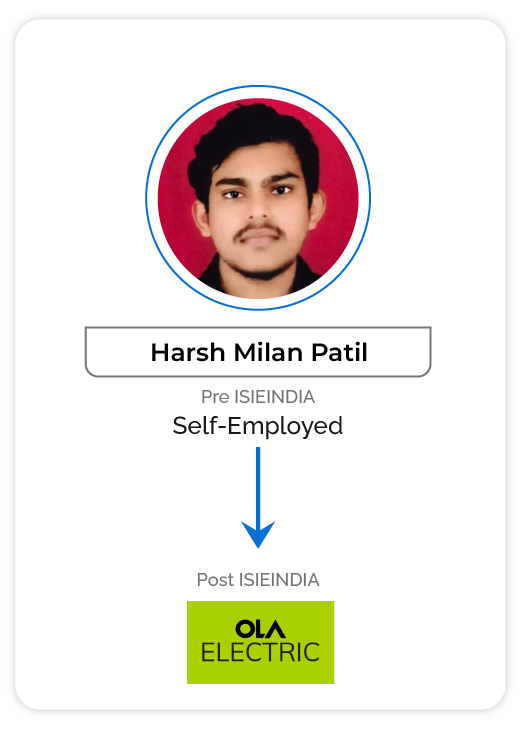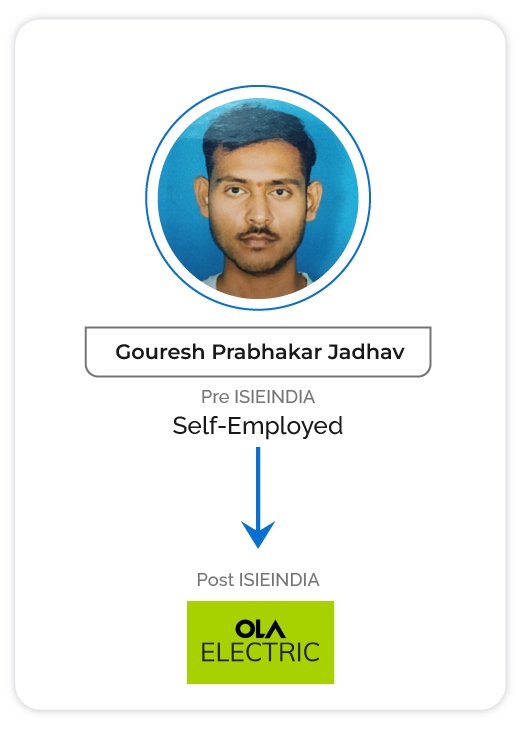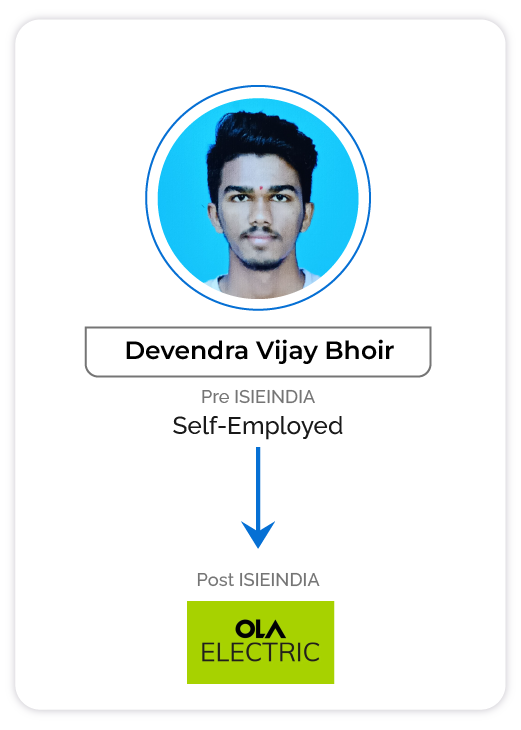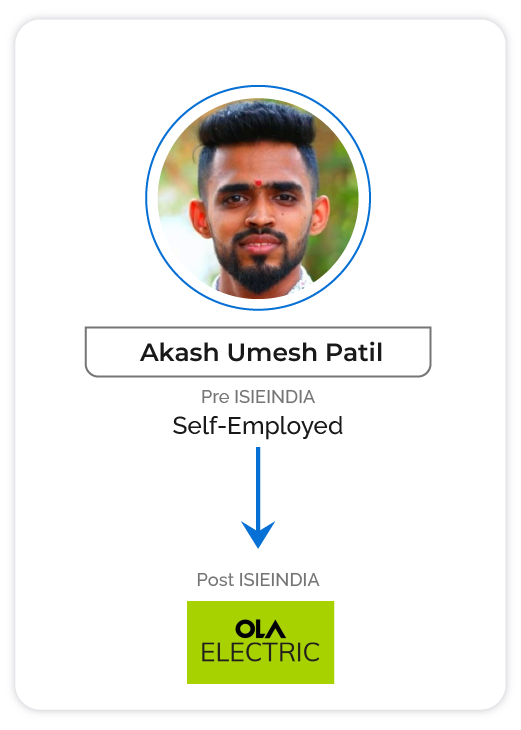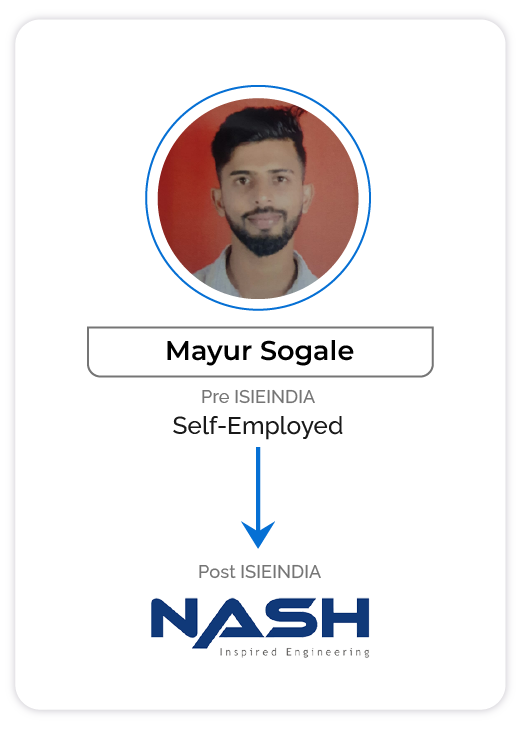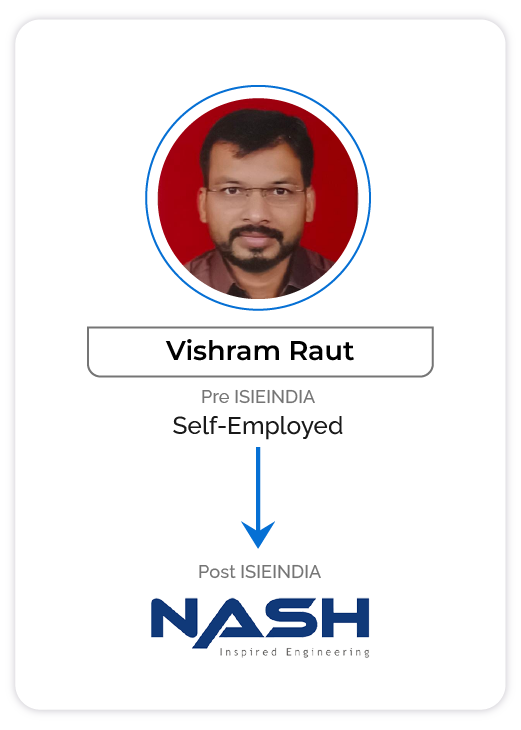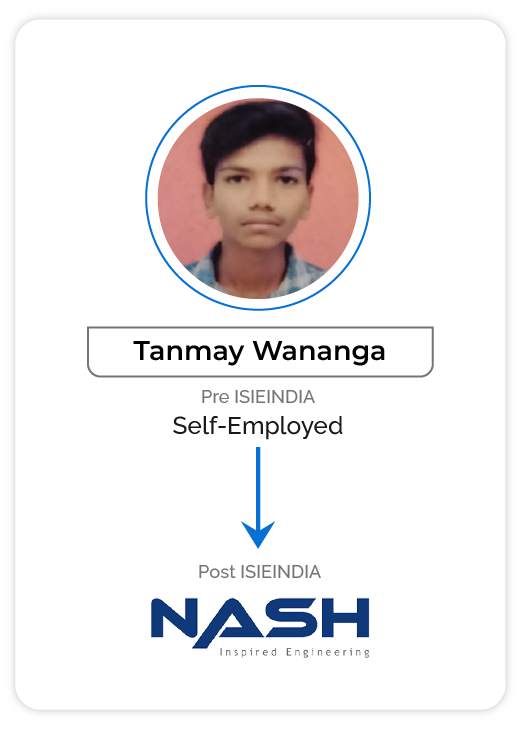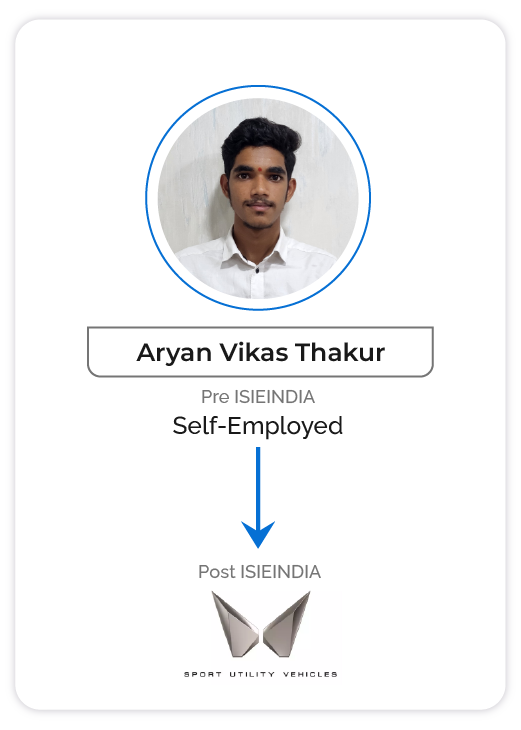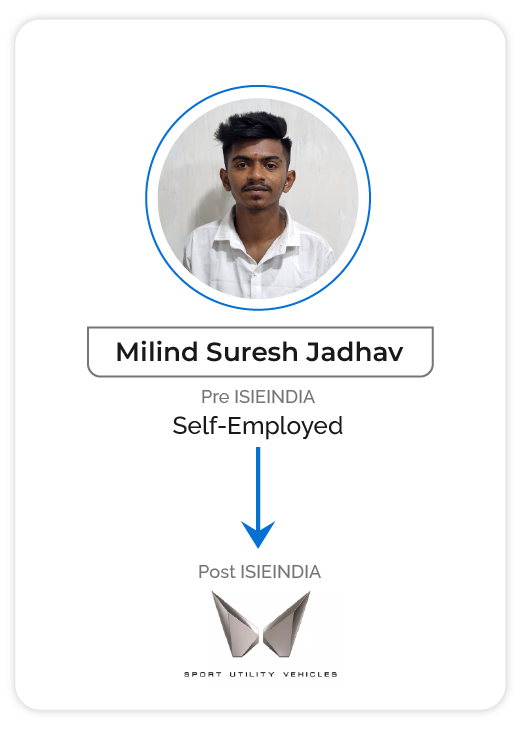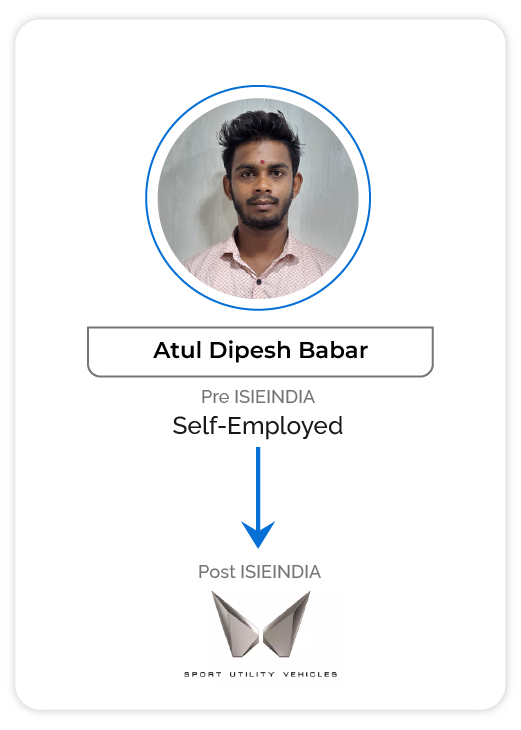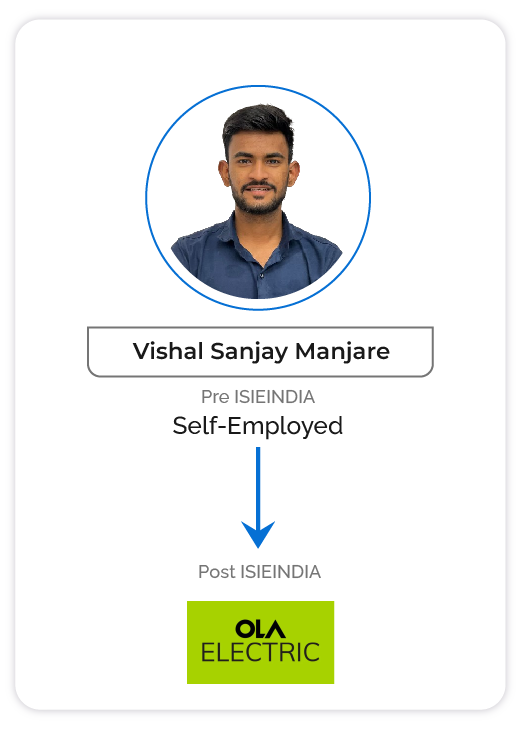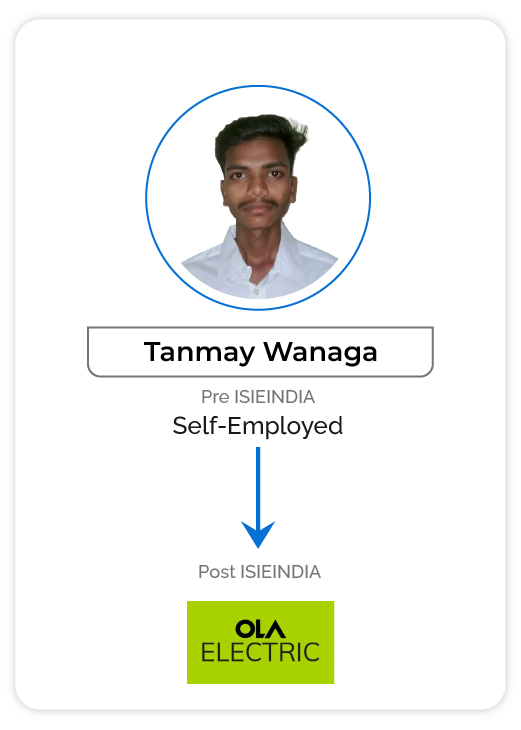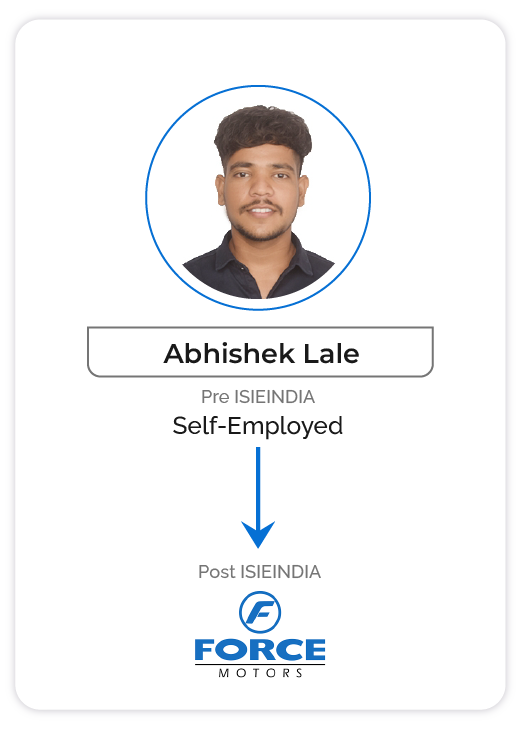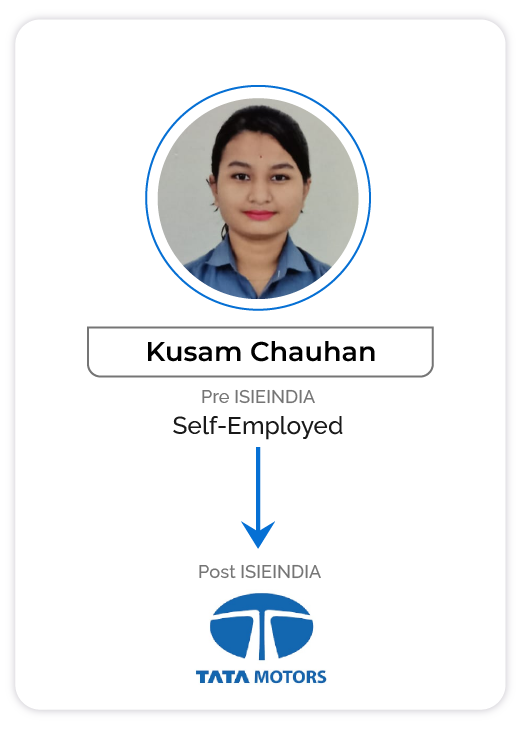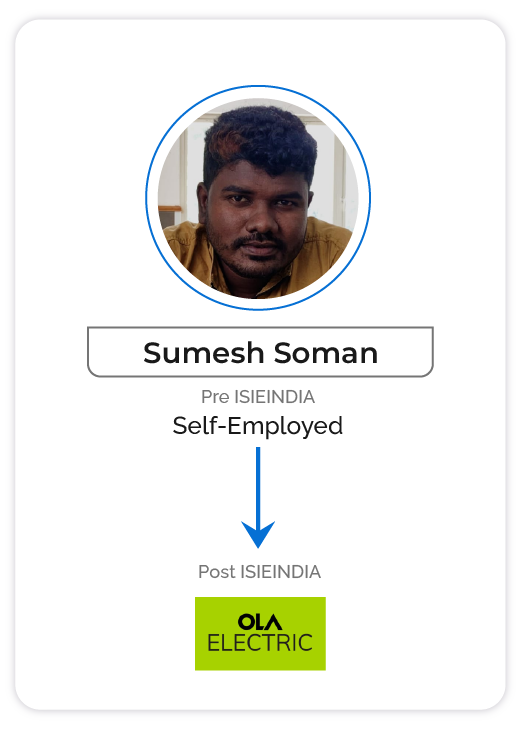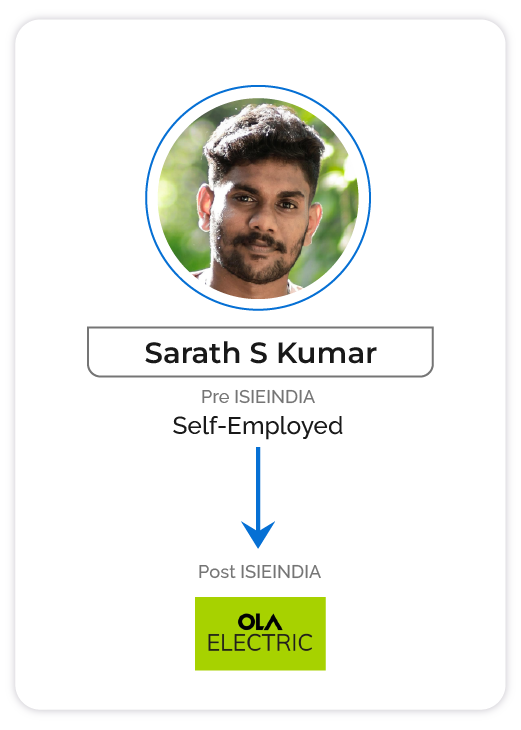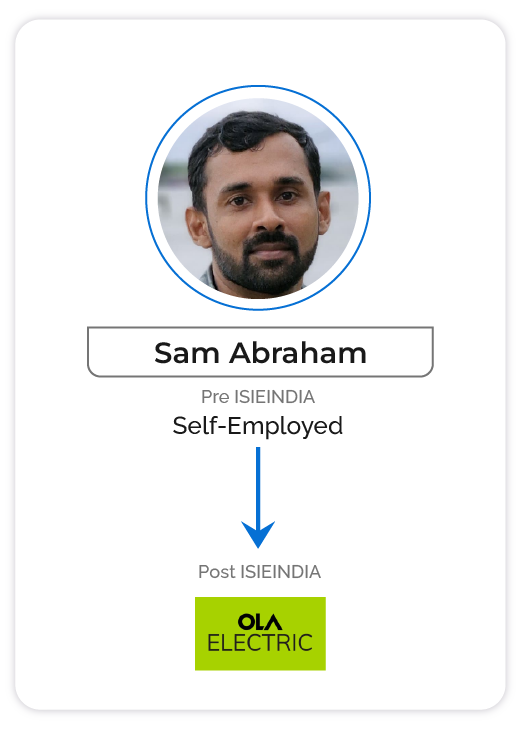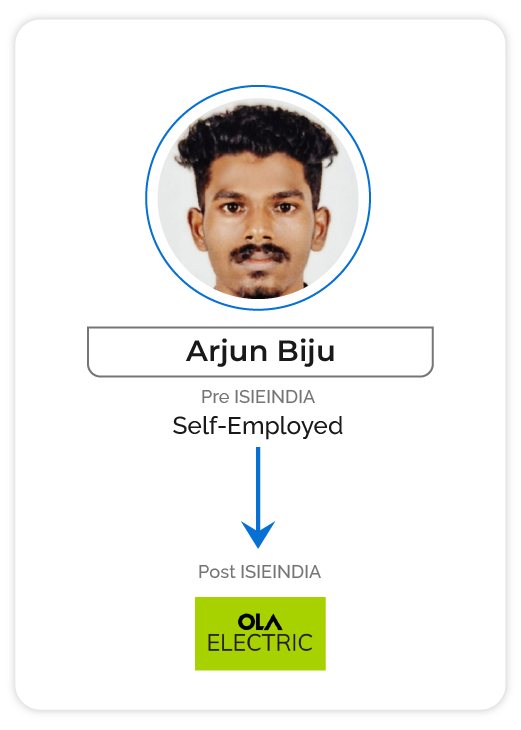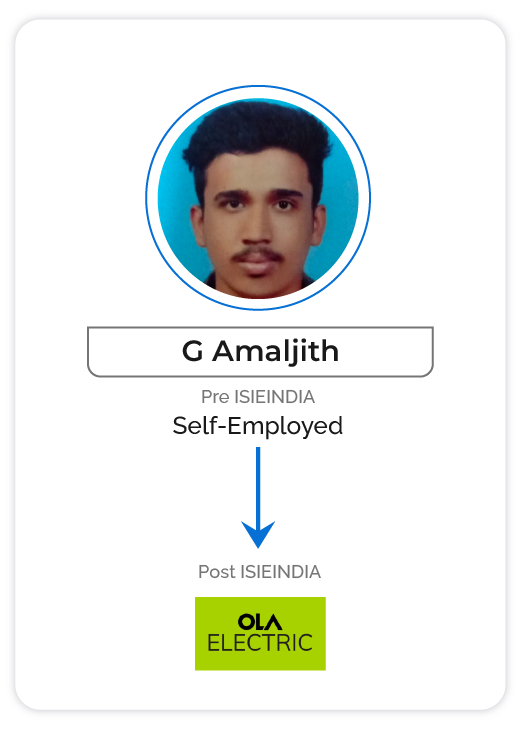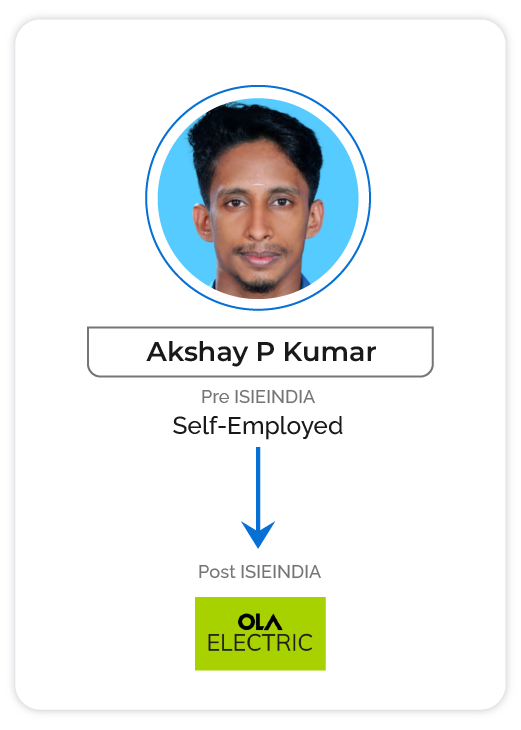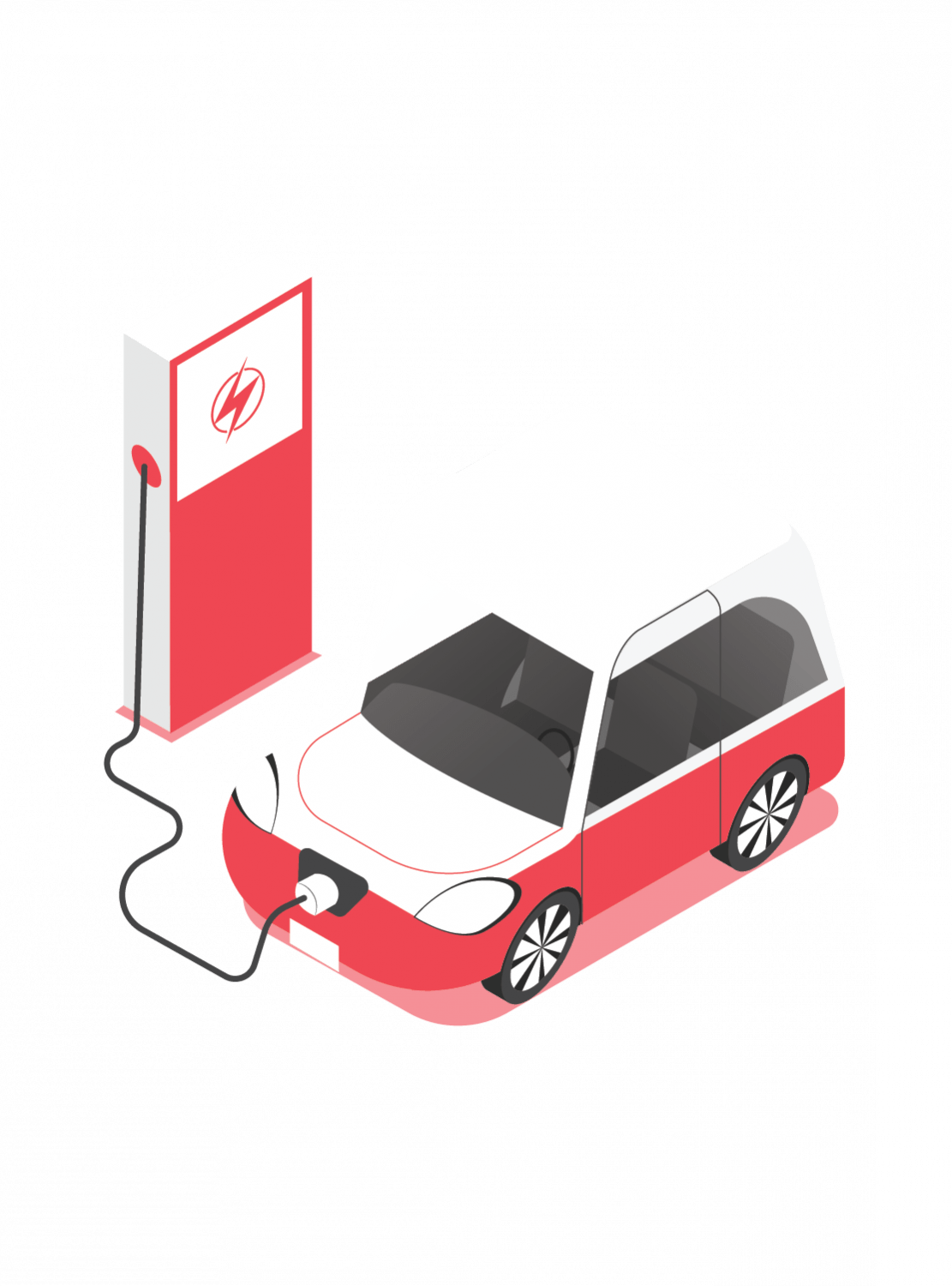AICTE-NEAT Approved and Certified Master Certification Program in Electric Vehicle Technology
Accelerate your career with our Master Certification Program in Electric Vehicle Technology, tailored for working professionals. Gain expertise in ADAS, Embedded Systems, Battery Design, and Charging Infrastructure, etc. Master cutting-edge technologies shaping the future of electric mobility in just one comprehensive program.

Apply for the Course
AICTE–ISIEINDIA Master Certification in Electric Vehicle (EV) Technology is a national-level skill development program launched under the National Educational Alliance for Technology (NEAT) initiative by the All India Council for Technical Education (AICTE) in collaboration with the Imperial Society of Innovative Engineers (ISIEINDIA). This program is designed to equip students and professionals with practical and theoretical knowledge in electric vehicle design, battery systems, powertrain, charging infrastructure, and related technologies. It begins with a four-month module on the fundamentals of EVs, followed by one-month specialization courses that focus on advanced and industry-relevant topics. The course aims to bridge the skill gap in India’s rapidly growing electric mobility sector and prepare learners for emerging career opportunities in EV manufacturing, R&D, and service industries.
To ensure hands-on learning, ISIEINDIA and AICTE offering real-time lab training and industry exposure. Learners can apply through the AICTE NEAT portal or ISIEINDIA’s website. Overall, this initiative supports national missions like Atmanirbhar Bharat and Skill India by promoting green mobility and sustainable technology education. Learners can enroll through the AICTE NEAT portal or the official ISIEINDIA website. Overall, this initiative serves as a bridge between academia and industry, empowering students with employable skills and helping India build a skilled workforce for its electric vehicle revolution.
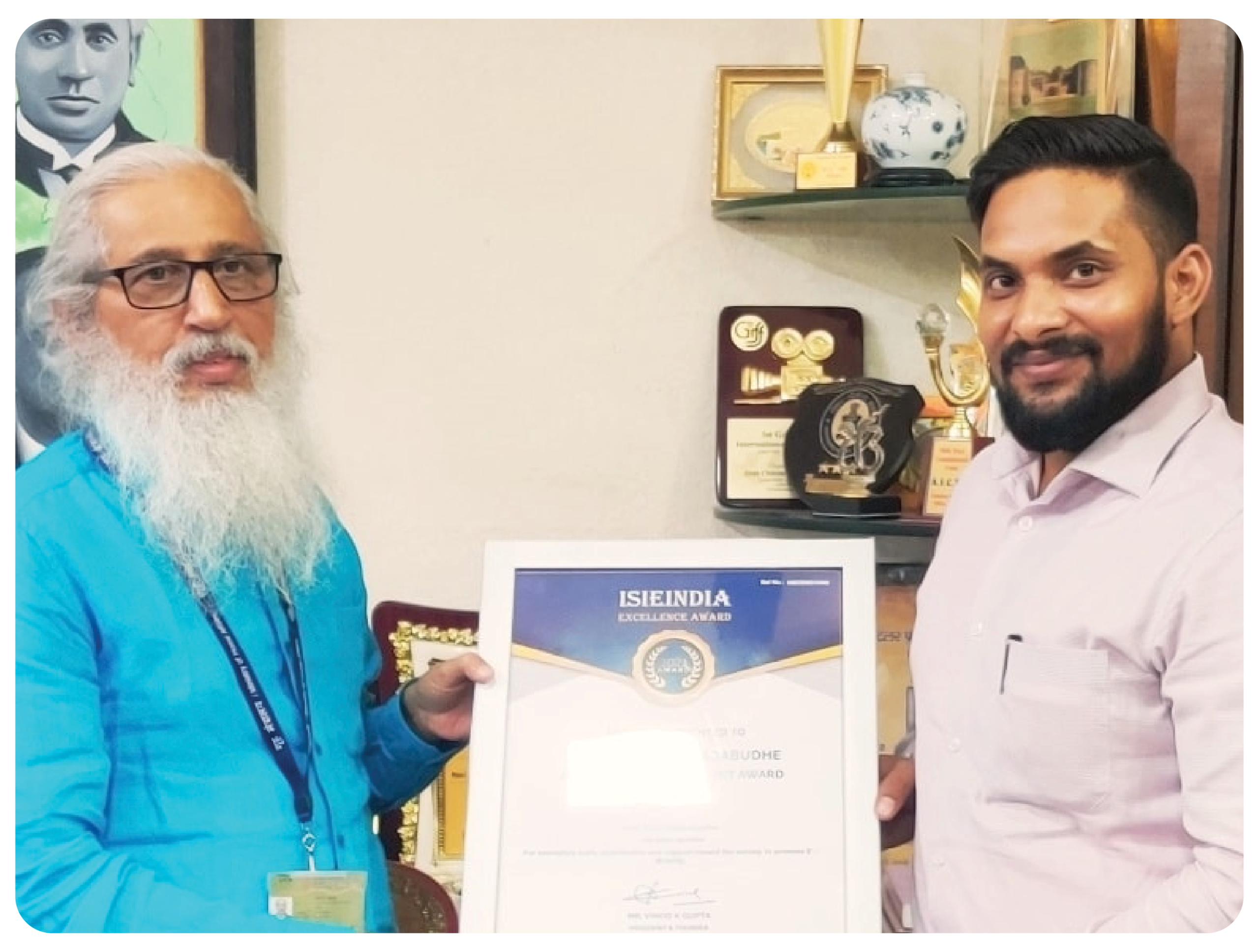
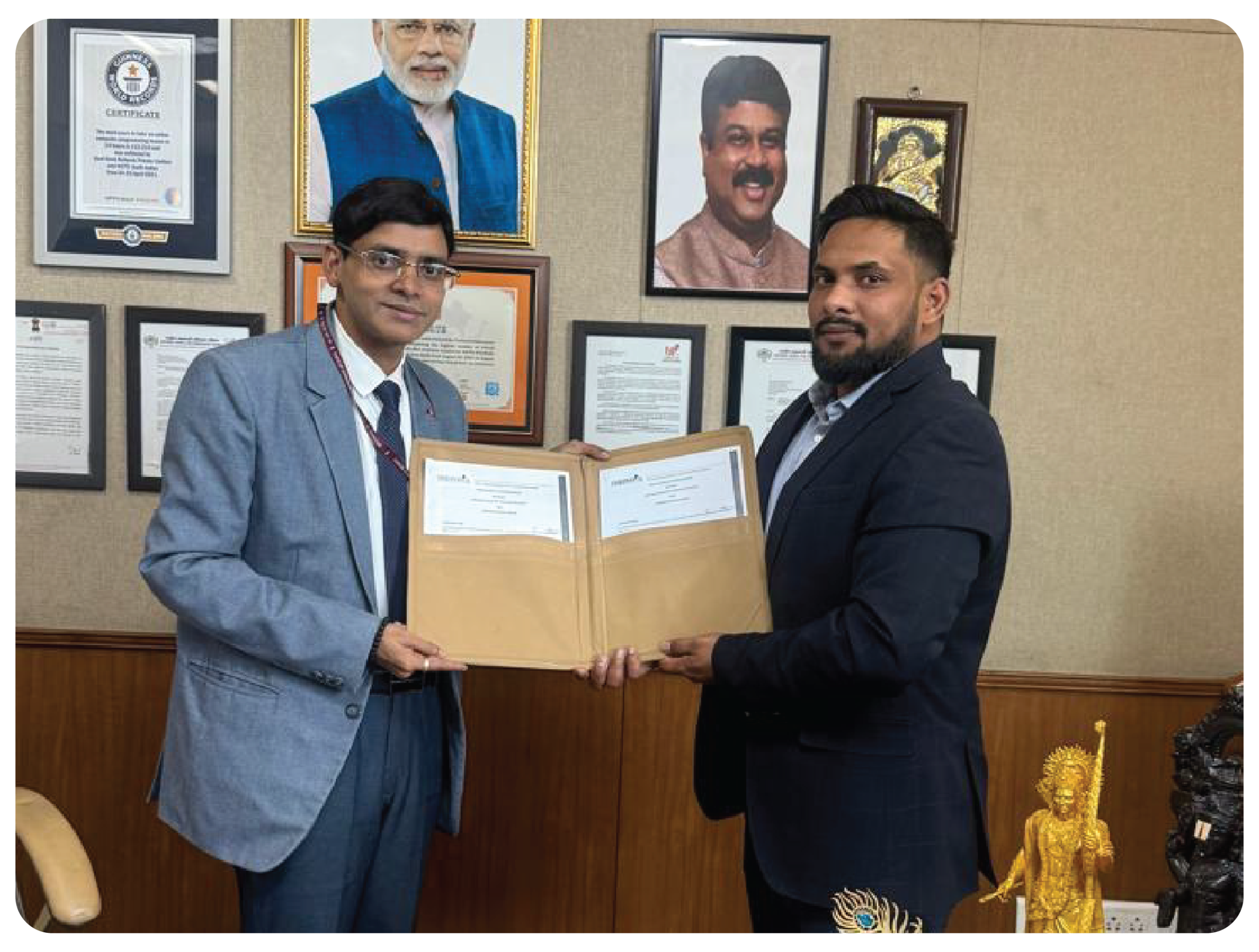
Tools Covered
What does this course have to offer?

Live Classes
Learn through online lectures delivered by our Top Ranked Faculty

06 Module
Become future ready by applying what you will learn and built your career.

ISIEINDIA & AICTE Certificate
Earn a Executive PG Certificate in Electric Vehicle from ISIEINDIA & AICTE

Placement Assistances
Get ahead in your career with our online, state of the art, placement assistances program.
What our learners have achieved?

350+
Participating Companies

6.9 LPA
Average CTC

30 LPA
Highest CTC

500+
Career Transitions
Top Recruiters
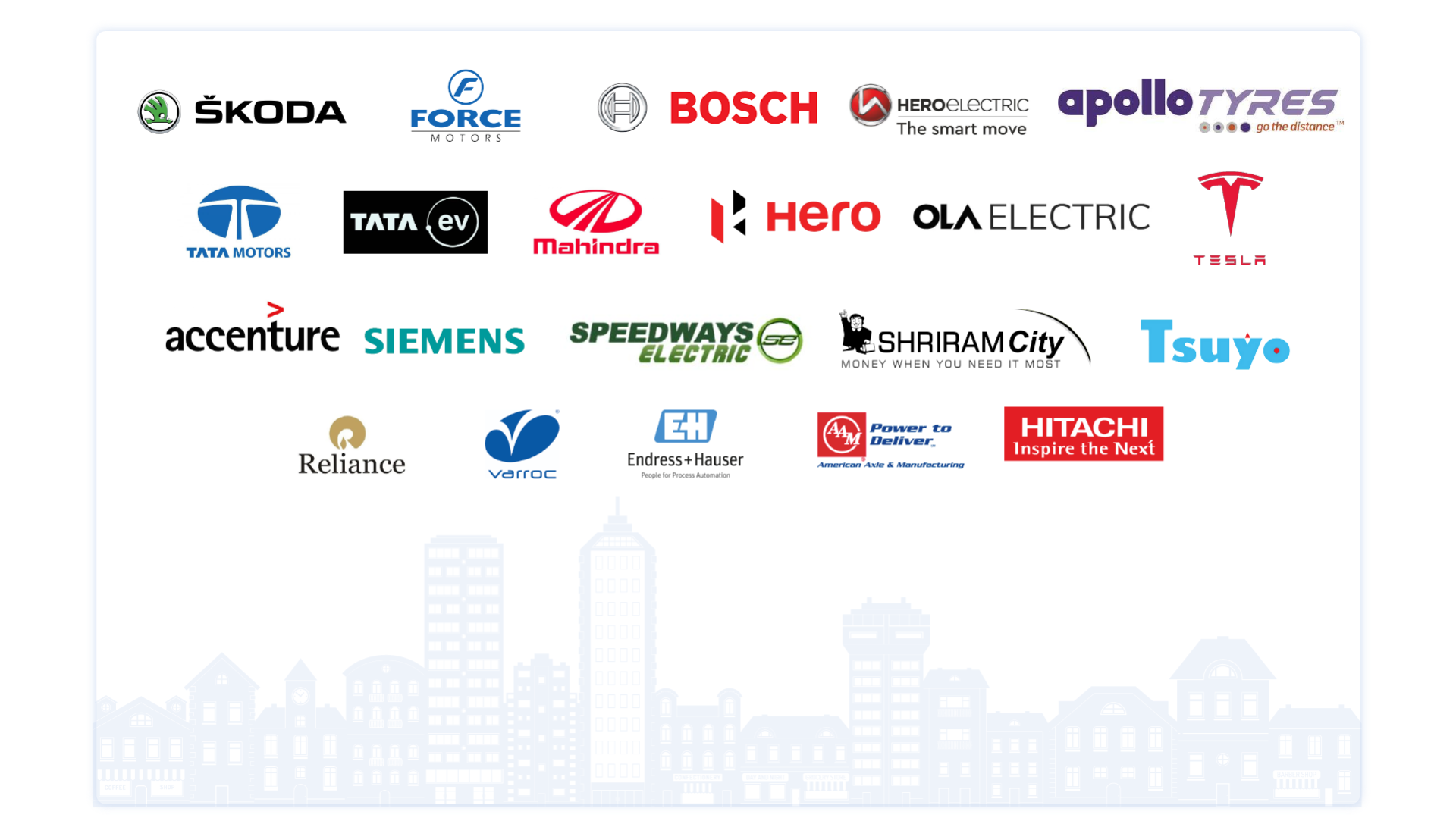
Brochure
Best-in-class content by leading faculty and industry leaders in the form of videos, cases and projects
Join the Electric Vehicle industry
By 2026, IDC predicts Electric Vehicle and cognitive computing spending will reach $52.2 billion. Electric Vehicle is one of the hottest professions.

36%
Annual Job Growth By 2026

50 M
Expected New Jobs By 2030

Rs. 3.5L - 12L
Average Annual Salary
Source: IESA Report
Source: IVCA-EY-Induslaw Report
Source: Glassdoor
Still have Questions?
Talk to our Experts…
Master Certification In Electric Vehicle Technology
Certified by AICTE & ISIEINDIA
Complete all the courses successfully to obtain the certification from AICTE & NEAT
• Earn a Certification in Electric Vehicle Technology
• Widely recognized and valued programmed in EV Engineering
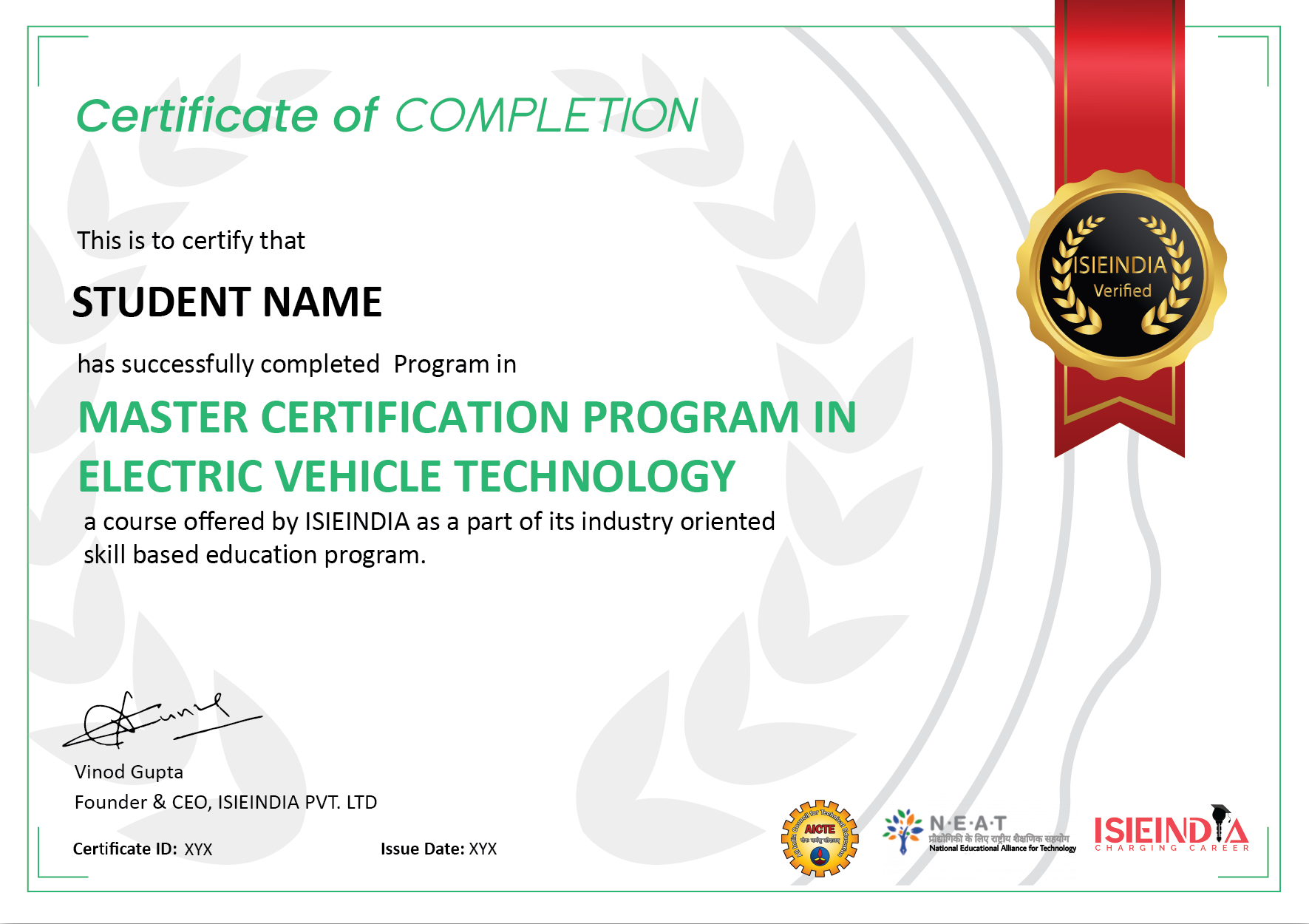
ISIEINDIA Instructors
Learn from leading Industry oriented trainer, faculty and leaders
Syllabus
Best-in-class content by leading faculty and industry leaders in the form of videos, cases and projects, assignments and live sessions
120+
Content Hours Available
10+
Industry Projects
5+
Case Study
5+
Tools Covered
MODULE 1 - Fundamentals of EV & Vehicle Architecture
Evolution of EV technology
EV vs ICE vehicle comparison
Global & Indian EV market overview (2W, 3W, 4W, Bus)
Policy overview: FAME-II, EV incentives
Major subsystems: Battery, Motor, Controller, Charger, DC-DC, Display, Wiring
Energy flow from battery to wheel
HV & LV systems distinction
EV powertrain layouts (FWD, RWD)
Electrical block diagram for a 3W EV
Signal communication lines vs power lines
Sensor overview (throttle, brake, temp, current)
Role of CAN in architecture
Practical examples: open EV schematic
EV categories (L1–L7, N1, M1)
Basic homologation understanding (AIS-038 Rev2, AIS-156)
IP ratings & insulation overview
Vehicle efficiency and energy conversion
MODULE 2 - Powertrain, Motor & Battery System
Motor types: BLDC, PMSM, ACIM, SRM
Motor selection for 3W (power, torque, RPM, voltage)
Torque-speed curve explanation
Motor datasheet reading (example: 3.3 kW motor)
Role of controller and inverter
Throttle response and speed control
Regenerative braking overview
Drive/Reverse logic concept
Cell types and chemistry comparison (LFP, NMC, LMFP)
Cell configuration (series/parallel)
Battery pack capacity and range calculation
BMS role and safety features (OVP, UVP, OTP, balancing)
Air vs Liquid cooling concept
Battery enclosure and protection (IP ratings)
Cooling plate concept for 72V 200Ah pack
Battery safety, venting, and fusing
MODULE 3 - Battery Pack & Vehicle Integration Design (with SolidWorks/Creo)
Cell and module configuration for 72V 200Ah pack
Electrical connections and insulation layout
Battery management harness and sensor placement
CAD visualization: module and busbar placement
Tray and enclosure design principles
Material selection (Aluminum, Steel)
Vibration and thermal expansion considerations
CAD visualization: 3W chassis integration and battery mount view
Air vs liquid cooling – realistic design constraints
Airflow path and venting logic
Cooling channel concept visualization
IP rating considerations for enclosures
Preparing bill of materials for battery pack
Drafting and dimensioning standards
Labeling and documentation for homologation
Practical: Create a battery assembly layout sheet
MODULE 4 - Vehicle Communication & Embedded System Concepts
What is CAN bus and why it’s used
CAN frame structure (ID, data, checksum)
CAN nodes in EV (BMS, VCU, Motor Controller, Display)
Typical CAN signal examples (voltage, RPM, SoC)
CAN wiring – twisted pair & termination concept
Practical decoding example using real log screenshot
What is an ECU, its role in EV
Vehicle Control Unit logic – drive/reverse/regenerative control
Microcontrollers and basic embedded workflow
Firmware update and safety interlock
Common CAN errors and meaning
Diagnostic Trouble Codes (DTC) examples
CAN-based troubleshooting flowchart
Logging and interpretation for service tools
MODULE 5 - Vehicle Integration, Testing & Safety
Electrical integration flow (Battery, Controller, Motor)
Signal vs power line separation
Interlock circuits and relays
Connector types (Anderson, Amphenol, Deutsch)
Cable sizing and color coding
Harness routing & documentation basics
Functional tests (start-up, throttle, brake cut-off)
Performance tests (speed, torque)
Endurance and thermal testing concepts
Report preparation
Electrical safety (insulation, IP ratings, isolation test)
HV & LV identification
Fusing, grounding, and contactor logic
AIS standards overview for 3W testing
MODULE 6 - Advanced EV Systems, ADAS & IoT Applications
What is ADAS and its role
Levels of autonomy (L1–L5)
Sensors used (ultrasonic, radar, camera)
Example: Reverse assist in e-3W
EV data parameters for telematics (speed, SoC, GPS)
IoT device structure – sensors, microcontroller, connectivity
Data logging and analytics overview
Concept of digital representation of physical systems
Predictive maintenance using real-time data
Smart BMS architecture and alerts
AI and machine learning use in EVs
Smart charging, V2G overview
EV trends 2030: connected, autonomous, shared mobility
Admission Details
Candidates can apply to this Executive PG Program in Electric Vehicle Technology certification program in 3 steps. Selected candidates receive an offer of admission, which is accepted by admission fee payment.
STEP 2

Application Review
An admission panel will shortlist candidates based on their application
STEP 3

Admission
Selected candidates can start the Executive PG program within
1-2 weeks
Admission Fee & Financing
The admission fee for this Master Certification In Electric Vehicle Technology is ₹ 40,000 (Incl. taxes). This fee covers applicable program charges and AICTE Certification.
Financing Options
We are dedicated to making our programs accessible. We are committed to helping you find a way to budget for this program and offer a variety of financing options to make it more economical.
No Cost EMI
We have partnered with the following financing
companies to provide competitive finance options
at 0% interest rate with no hidden costs.

Financing as low as
₹ 6,666/month* for Course
Other Financing Options
We provide the following options for one-time payment

Internet
Banking

Credit/Debit
Card








